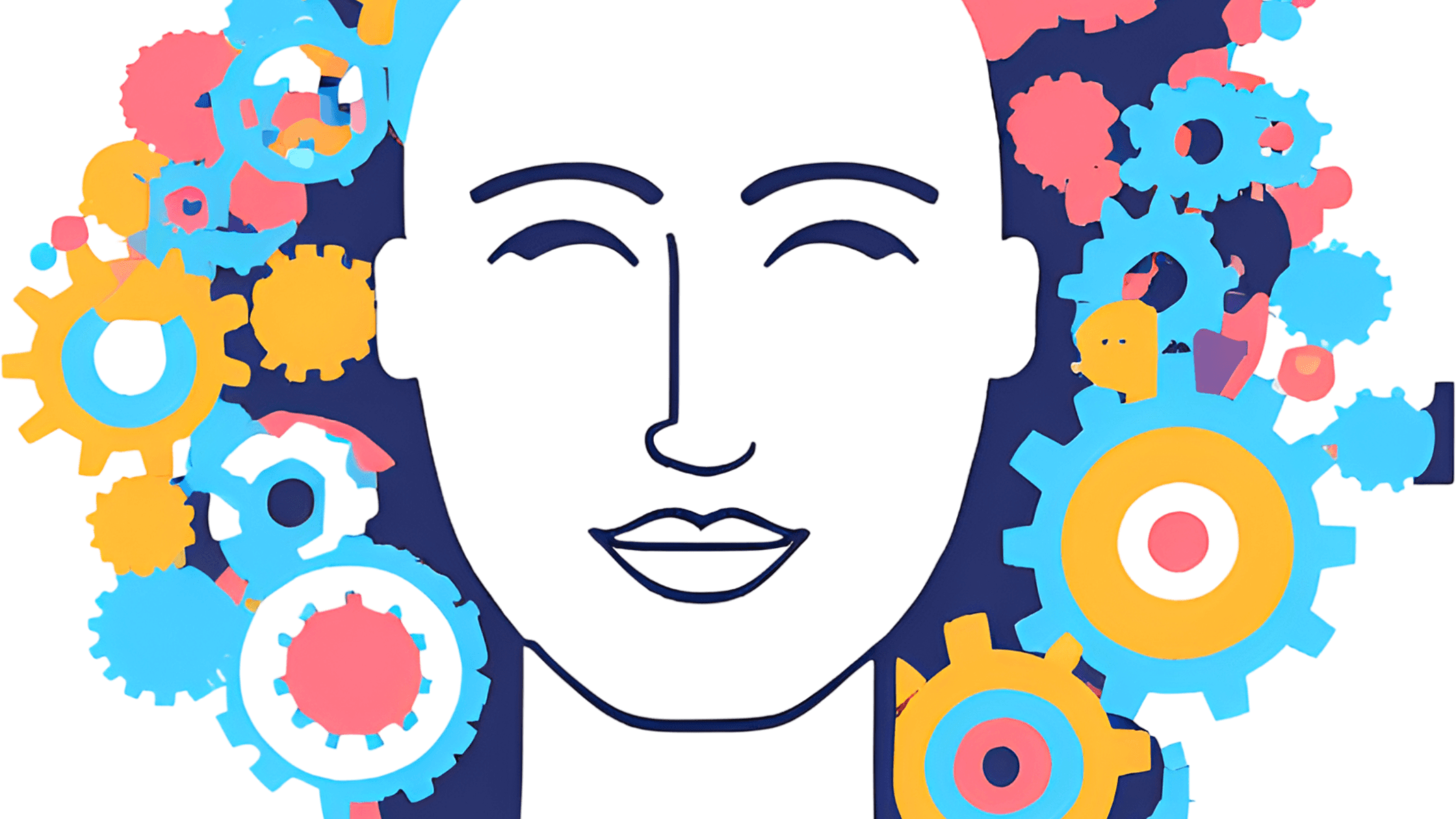Jan 10, 2025
•
5
min read

Early in 2024, Joanna Maciejewska went viral when she posted her famous statement: “I want AI to do my laundry and dishes so that I can do art and writing, not for AI to do my art and writing so that I can do my laundry and dishes.” Probably, the hype around AI performing creative work led her to believe in a narrative where AI poses a threat to creativity and jobs. Despite this, Joanna touched upon a deeply felt need shared by many workers today: the desire for technology to take over time-consuming tasks, allowing them to focus on passions, career aspirations, and personal fulfillment.
If we reflect on her words, it becomes clear that what Joanna likely envisioned was an "AI Employee"—a technology designed to efficiently and reliably manage human responsibilities like her household tasks.
AI Employees: What are they?
The concept of an "AI Employee" may not be as unrealistic as it seems, as they are being explored and adopted across various sectors. But what exactly are AI employees? How do they differ from traditional automation or human workers?
According to Analytics Insight, an AI Employee is an artificial intelligence system that performs tasks previously considered to require human intelligence. Like any other employee, it can review information, make decisions, and communicate with customers. In simpler terms, we can envision it as a remote team member that never sleeps, never takes vacations —an additional employee capable of improving your business operations.
AI employees arise from the need to automate repetitive tasks. Unlike traditional automation, they can learn, adapt, and make decisions based on data, much like humans. The key difference is that AI employees can be 'hired' rather than 'integrated,' allowing businesses to scale without the need to hire additional staff.
Despite not clocking in or out, AI employees are defined by a set of key characteristics that make them effective and versatile assets for businesses.
How do they work: Two Key Capabilities of AI Employees
At their core, AI Employees leverage advanced AI technologies, such as Large Language Models (LLMs). However, to truly qualify as an "employee," the AI must be capable of handling the majority of tasks outlined in a typical job description. To meet these demands AI Employees require at least two key capabilities: omnichannel communication and omniflow functionality.
Omnichannel communication allows an AI Employee to engage with a person across multiple channels seamlessly. For example, it can recognize that the customer on a phone call is the same one who sent an SMS earlier, continuing the conversation smoothly. This is possible because, like humans, AI Employees have "memory" but with the added value of recalling specific details like past interactions, preferences or unresolved issues, allowing more personalized and efficient communication.
Omniflow functionality, on the other hand, refers to the AI Employee's ability to handle multiple workflows simultaneously. For instance, an AI Employee can handle the qualification of potential customers, monitor if they become stuck in the pipeline, and take appropriate follow-up actions to move opportunities forward— all at the same time. This capability is made possible because AI Employees possess “skills” that enable them to “reason”, “plan” and “execute” various tasks.
Thanks to these core capabilities, AI Employees are commonly "hired" to scale Customer Service and Support, Sales and Marketing, Operations, and more. Their ability to handle complex tasks allows businesses to optimize workflows, enhance productivity, and provide a more personalized experience to customers, all while reducing operational costs and improving efficiency.
What do they mean for your business: The Impact of AI Employees
AI Employees are transforming the way we approach staffing and workflow. Businesses are increasingly assessing which roles can be effectively managed by AI Employees, recognizing them not just as AI tools, but as valuable extensions of their human teams. But what does "hiring" an AI Employee mean for your operations, costs, and customer experience? And most importantly, is there a return on investment?
It’s important to note that hiring humans comes with associated costs, including benefits and taxes. If the volume of your business operations increases, scaling human resources can become both expensive and complex.
For instance, a 3X increase in your operations could result in:
A significant rise in staffing costs, making it more challenging to maintain profitability.
A higher volume of missed calls, leading to customer dissatisfaction and lost opportunities.
A rise in delayed follow-up, which could result in slower response times, potentially increasing the risk of losing customers or sales
In contrast, AI Employees can scale seamlessly to handle these challenges, reducing operational costs and improving overall efficiency.
This scalability also provides the potential to drive revenue growth. By handling a larger volume of tasks without the need for additional resources, your business can experiment with:
Increased revenue potential by freeing up human employees to focus on higher-value, revenue-generating activities.
Expanded capacity to handle more customer interactions, sales, or support queries.
Faster customer response times, leading to improved customer satisfaction and retention, which can directly impact sales.
As a result, your business can accelerate sales cycles, and maximize profitability—all while minimizing the risk of burnout your human teams.
Final Thoughts. The Rise of AI Employees
What Joanna wanted was an AI Employee. A solution to ease the burden of mundane tasks, so she could focus on what truly matters to her—art and writing. And while the concept of AI replacing creative jobs might raise concerns, the reality is that AI Employees are designed to handle repetitive and resource-draining tasks, empowering humans to focus on higher-value work.
As AI Employees continue to evolve, they are set to revolutionize how businesses scale, operate, and expand their teams. By "hiring" AI Employees, you not only benefit from cost savings and increased operational efficiency but also gain the flexibility to grow and adapt quickly to shifting market demands.


